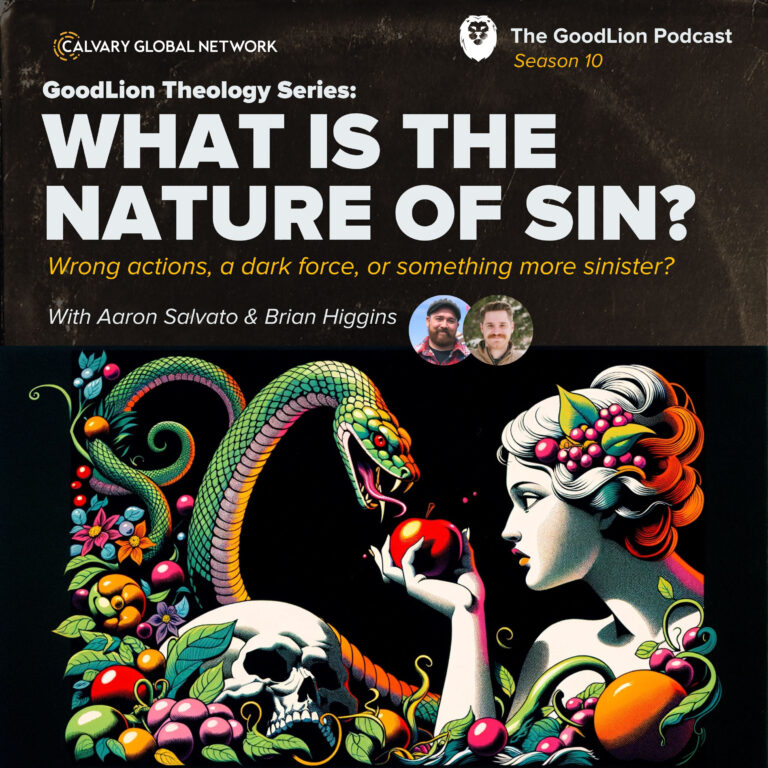
What’s in it for me? It’s a mantra many live by. If something helps me, I’ll keep it. If not, forget it.
There’s an interesting example of this in the Bible. Jesus is debating the Pharisees on various topics. They ask about marriage, resurrection and taxes. Jesus, flawlessly and masterfully, pushes every issue aside.
At that point, the Pharisees are on their heels. Cornered against the ropes, Jesus gets ready for the knockout blow. The finishing right hook was a humble question. “John the Baptist. Was he legit?”
The interesting thing is not their answer (they literally say “we don’t know”); what’s interesting is their thought process.
When the Pharisees huddle up to craft a response, they don’t discuss what they think. No conversation appears in the Bible that shows the Pharisees discussing the merits of John’s ministry. Instead, they discuss outcomes.
Look at Luke 20:5-7:
They talked it over among themselves. “If we say it was from heaven, he will ask why we didn’t believe John. But if we say it was merely human, the people will stone us because they are convinced John was a prophet.” So they finally replied that they didn’t know.
Think about that. Instead of answering a question with an honest answer, the Pharisees used our modern mantra: what’s in it for us?
From our vantage point, this looks terrible. None of us want this in our most trusting relationships. And yet, we see it all the time.
A wife looks at a husband suspiciously when she asks how an outfit looks and he answers without looking away from the game.
A boss wonders why office morale seems down when no one admits a problem exists.
Tensions grow between a pastor and a church when his ideas are always getting shot down despite everyone saying they’re behind them.
Whether we like it or not, a lot of our answers come from the outcome we’ll get, not the convictions we believe. And it’s one matter when the issue at hand is an outfit or what restaurant you want dinner from. It’s another issue entirely when bigger matters at a stake.
What will you do when honesty in your profession stands in the way of career growth?
What will you say when you’re asked about your thoughts on hot-button issues like abortion and the LGBTQ community?
To be honest, I’m not above this.
When I was in college, a professor in a psychology class asked us what we thought about gay marriage. I remember thinking “here it comes, my moment to lovingly share the Bible.” I waited for a bit as other classmates shared their thoughts.
One by one, classmates of mine spoke out in an increasingly hostile way against a Biblical view of marriage. Every person fed off the energy of the one before them, turning the room into a frenzy. As each person spoke, it became more and more difficulty to want to share my thoughts on the subject.
So I didn’t. I just let the class end. I didn’t say a single word; I let that teacher believe the class was in complete harmony.
A couple years down the road, I ran into that professor at church. She loves Jesus, loved Him in that class I took with her, and possibly would have backed me up if I said something. I had the chance to share God’s Word, I just chickened out.
We may think we can map out all the outcomes and manipulate the world to give us what we want. But we can’t manipulate God.
God clearly tells us to speak the truth in all moments. God tells us if we’re ashamed of Him, He’ll return the favor. We shouldn’t adapt our beliefs to our environment because belief in God has the power to change any environment.
Let’s stop asking what’s in it for us and start asking how God wants to be in all we say. His word has the power to build His kingdom. That should be more important than all our other concerns.











